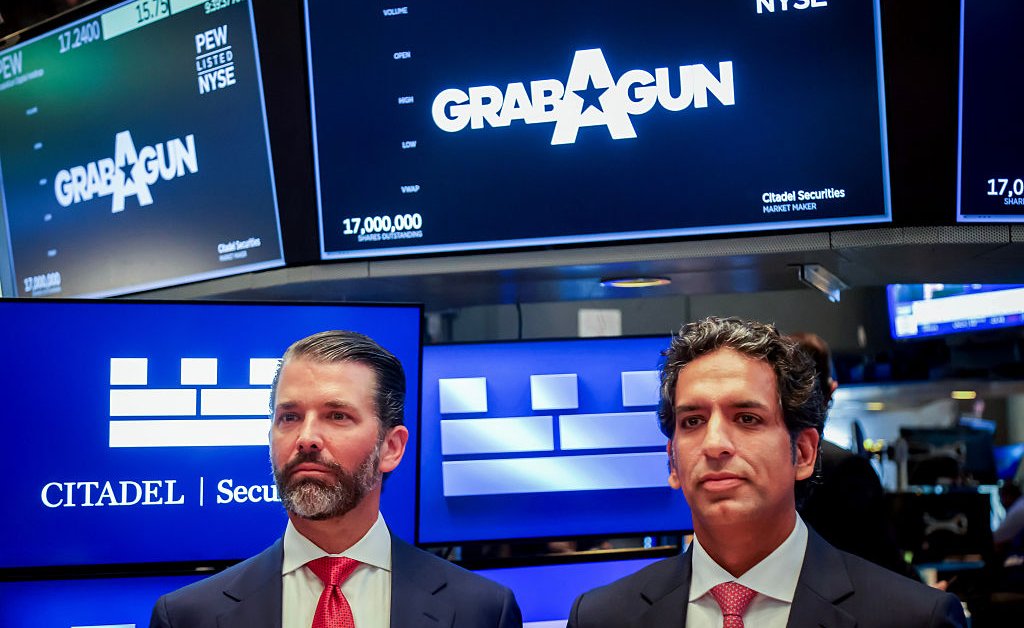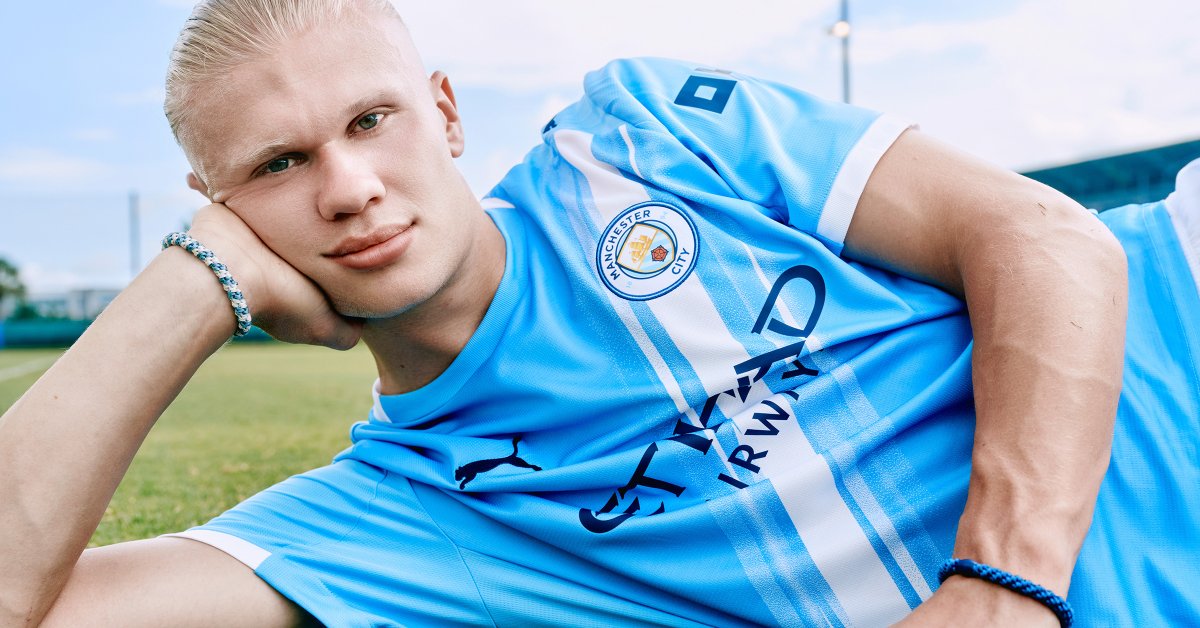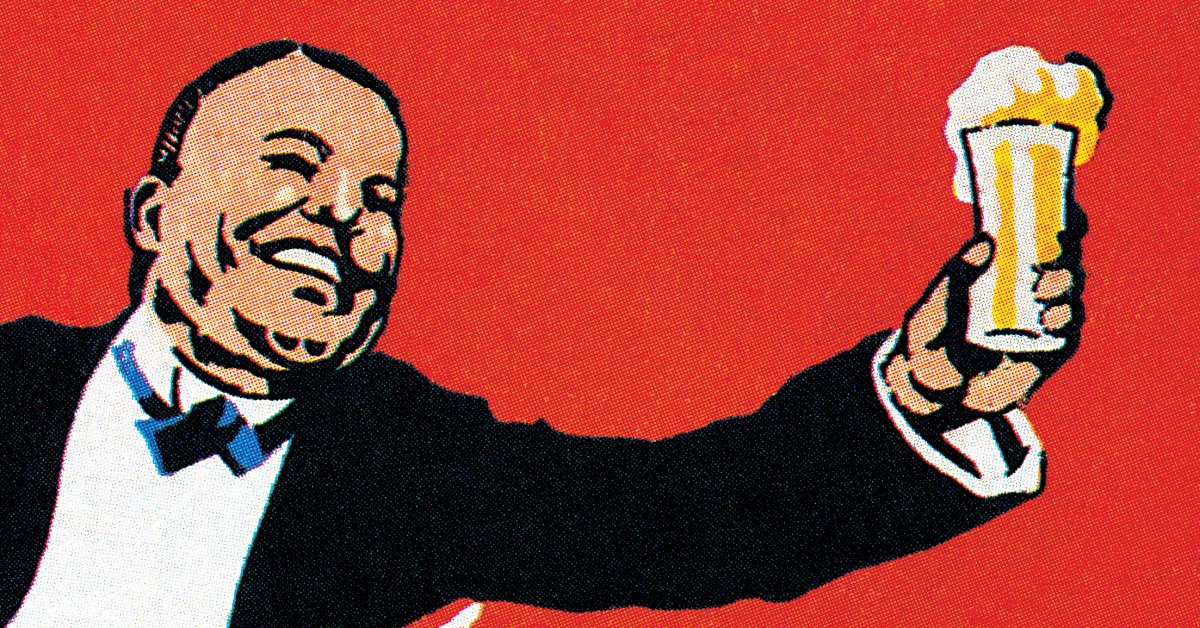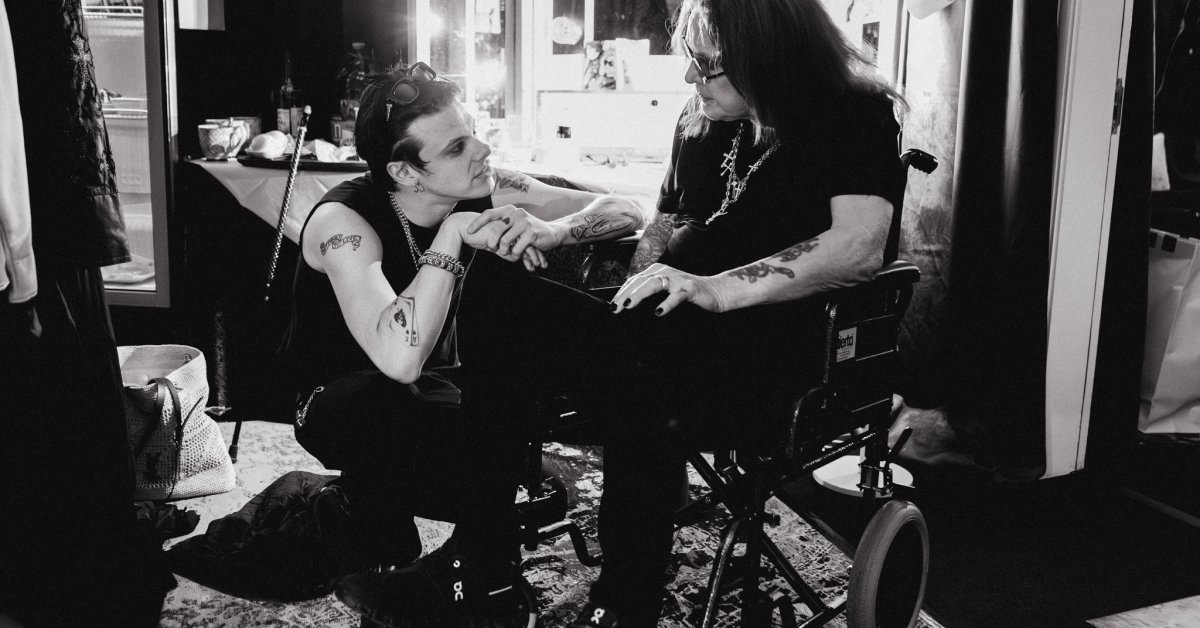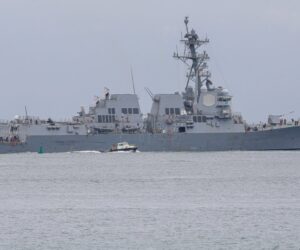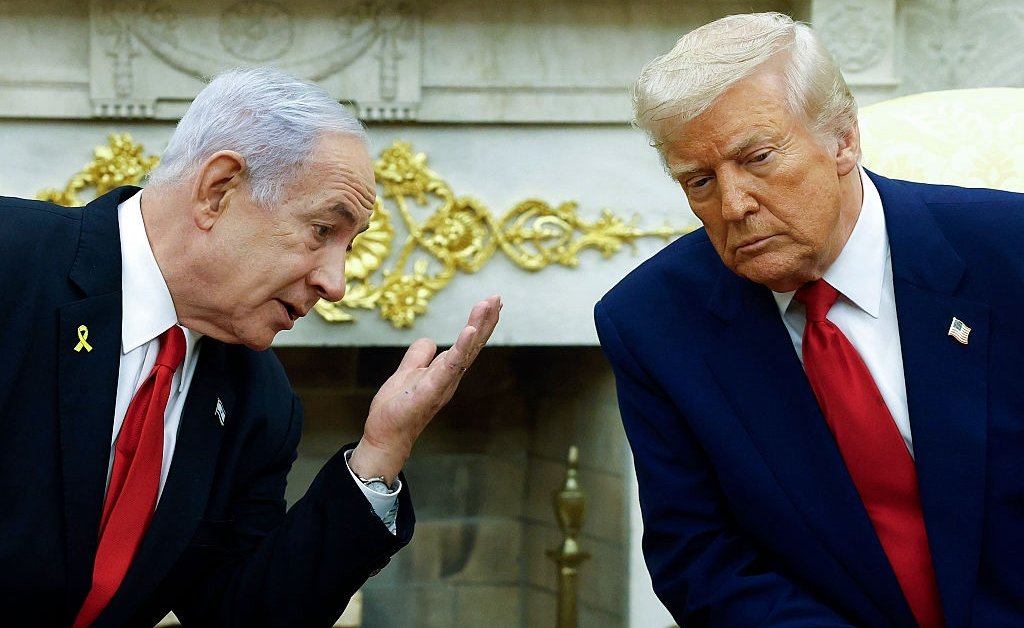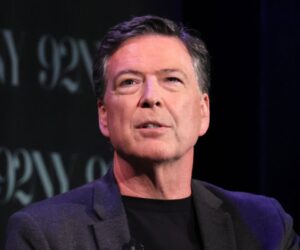On July 9, the Iraqi government released a list of twenty-two people whose remains had been identified nearly 11 years after ISIS militants carried out genocide against the Yazidi community, a religious minority in Northern Iraq. Over the course of two weeks, ISIS invaded Sinjar, including my once peaceful village of Kocho, sewing fear and chaos, before killing nearly every Yazidi man in my village and taking women and children into captivity.
I read the list as I have so many times over the past decade, expectantly, hoping to see the names of my mother, brothers, and nieces—all lost to war and not yet returned.
Like so many other daughters, sisters, and mothers in my community, I am desperate for an end to the waiting. I long for the chance to say goodbye, to honor my loved ones, and to give them a dignified burial so that those of us who survived may finally have some closure.
For families torn apart by war, this is what “lucky” looks like.
So there was a strange tinge of relief in the grief I felt when I got to numbers 11 and 12 on the list. Two of my brothers, Elias and Jalo, side-by-side as they so often were in life. I continued to read the list, still hoping to find the names of my mother, my niece, Kathrine, and the rest of my siblings. But they were not there.
This is what genocide does. It reduces human beings to lists and numbers.
But my brothers are not numbers.

Elias Murad, born in 1973, was the eldest of 11 children. He was my mother’s first born and best friend. He was a self-taught mechanic who did everything he could to provide for our family. He made sure we had new shoes for winter and when one of us was sick, he found money for the doctor. He was a loving husband and a father of five, with another child on the way.
Jalo Murad was just two years younger than Elias. He was a welder who worked hard every day. He was a son, a brother, a husband and a father of three. He was fascinated by nature and wildlife and during the rare times we had electricity in our village, he was always glued to our old television watching National Geographic.
When ISIS invaded in August of 2014, his wife was also pregnant.
Both of my brothers were self-taught. They never had any education in their trades or even the resources and tools they needed to thrive. But they worked hard to create a peaceful life for their families.
My brothers were not involved in politics, and they never harmed anyone. Despite the poverty, discrimination, and difficulties we faced as a family and a community, my brothers were joyful and their eyes were full of love.
And yet, on exactly this day in 2014, ISIS gave them two options: to convert or be killed.
We never even discussed these options because we all knew the answer. My brothers would not convert. They would not let ISIS erase thousands of years of history and culture and tradition.
We also knew that both options would lead to death.
So we prayed and we waited. As we waited, the world watched.
The world knew that approximately 1,700 innocent people were surrounded by ISIS and facing genocide. This gave us hope, especially after hearing on television that President Barack Obama had given a speech about helping Yazidis. But that help never found our village.
For three days, with Elias and Jalo in their white robes, their Iraqi identification cards in their pockets, we prayed and we waited.
On our last night together as a family, the night of Aug. 14, we slept as we always had on the rooftop of our mud house to escape the scorching August heat. We could speak and pray only in whispers. Jalo whispered to God that he would rather be killed than become a prisoner of ISIS.
The next day, he and Elias were killed.
And I, along with so many other women and girls, including my brothers’ pregnant wives and their daughters, became a prisoner of ISIS. In captivity, I thought many times of my brother’s prayer, how his death was a form of mercy compared to the evil he would have suffered.
Not a day has passed that I have not thought about those whispers and how I must raise my own voice to fight for peace and justice.
This conviction led to my becoming an activist and I have dedicated my life to this work because it is personal. Not only was I a witness to one of the most horrific crimes in modern times, but I am also a daughter, a sister, and an aunt faced with how to explain to my brothers’ children why they will never know their fathers’ love and protection.
I do not know the answer. All I know is that today, I will bury my brothers. I will say my goodbyes. I will watch as their remains are covered in the flag of the country that failed to protect them.
I will pray that my brothers’ stories, their full joyful lives, will stand as a reminder for all of us to see past the numbers of war to the families forever changed. To all the lives lost in waiting.
Eleven years have passed and still not a day goes by without my thinking about their last moments. As they were rounded up to be executed, I know they were thinking of their sisters, daughters, and mother. They were thinking of their pregnant wives who would be forced to give birth in captivity to children they would never meet.

Today, I can’t help but think of how our fellow Iraqis, our neighbors, and people from all around the world joined ISIS and came to destroy these innocent lives, shattering families forever. They killed men, enslaved women, and took young girls into sexual slavery. They forced young boys into training camps. All in the name of “God” and a radical ideology that spread viciously.
I fear how easy it would be for this same painful pattern to happen again. Conflicts are raging all over the world and the shadow of these wars is longer and darker than we can imagine.
In order to prevent these atrocities in the future, we must try to understand their full cost. With moral failings on a global scale must come a moral reckoning on a global scale.
I will continue to advocate for a world in which we are all human beings first; a world where we accept our differences, and no one is denied the right to exist.
I will advocate for a world in which no family is sacrificed at the altar of war.
I will wait for the next list, and the one after that, until I see the names of my mother, my nieces, and the rest of my siblings.


